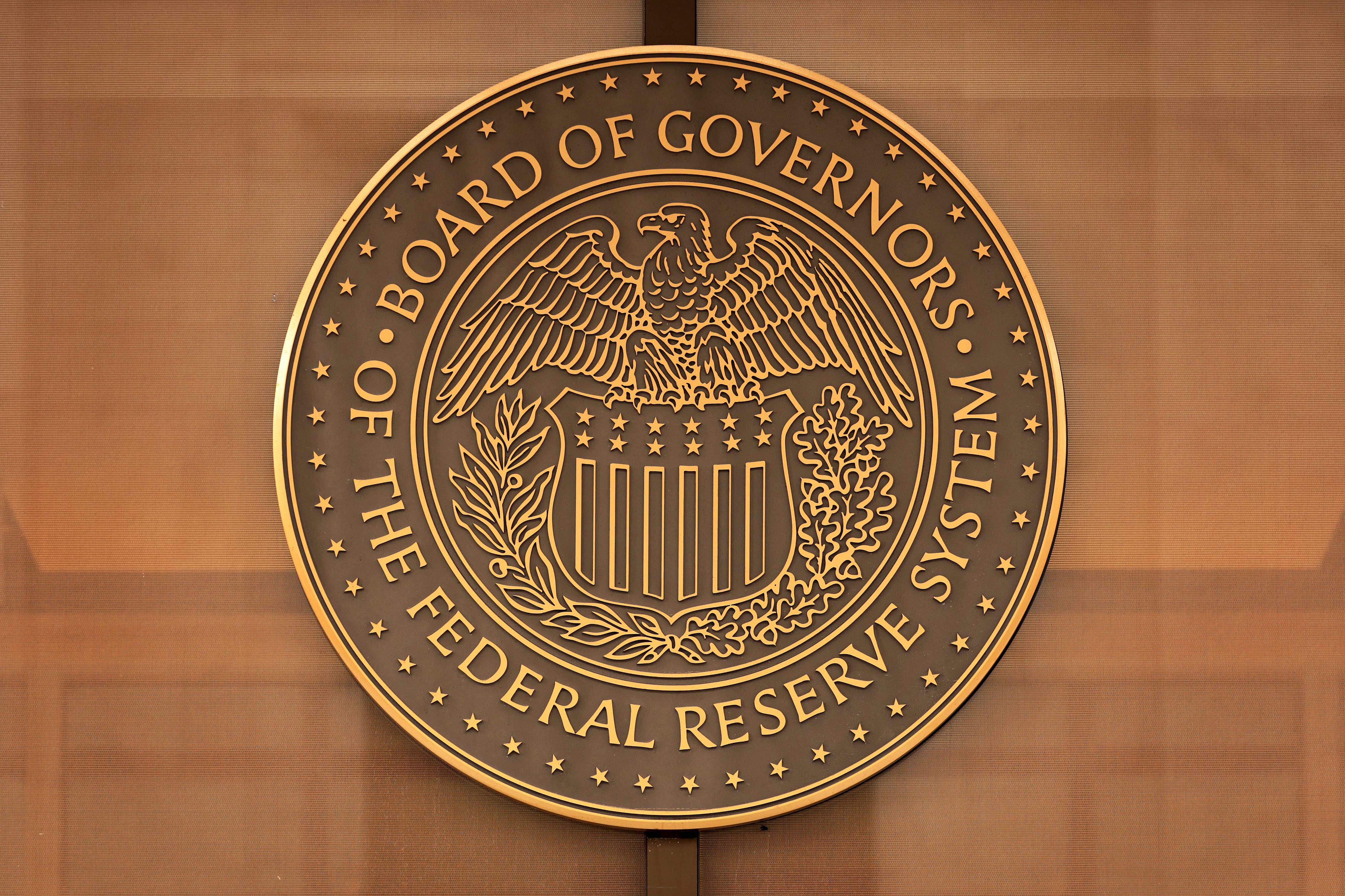The Federal Reserve on Wednesday evening said its long-awaited digital payment system, the FedNow Service, will start operating in July. The service is designed to provide a national platform for financial institutions to settle payments in real-time and at lower cost. That could include large banks, payment processors, and the U.S. Treasury.
The central bank plans to begin the certification process in April and start testing the service with customers in June. In the meantime, the Fed is advising banks to get ready for the roll-out.
"With the launch drawing near, we urge financial institutions and their industry partners to move full steam ahead with preparations to join the FedNow Service," said Ken Montgomery, first vice president of the Federal Reserve Bank of Boston and FedNow program executive.
While a number of financial institutions have already agreed to sign on, Montgomery stressed that getting more of the economy on board will be key to its success.
"With the FedNow Service, the Federal Reserve is creating a leading-edge payments system that is resilient, adaptive, and accessible," said Tom Barkin, president of the Federal Reserve Bank of Richmond and FedNow Program executive sponsor. "The launch reflects an important milestone in the journey to help financial institutions serve customer needs for instant payments to better support nearly every aspect of our economy."









